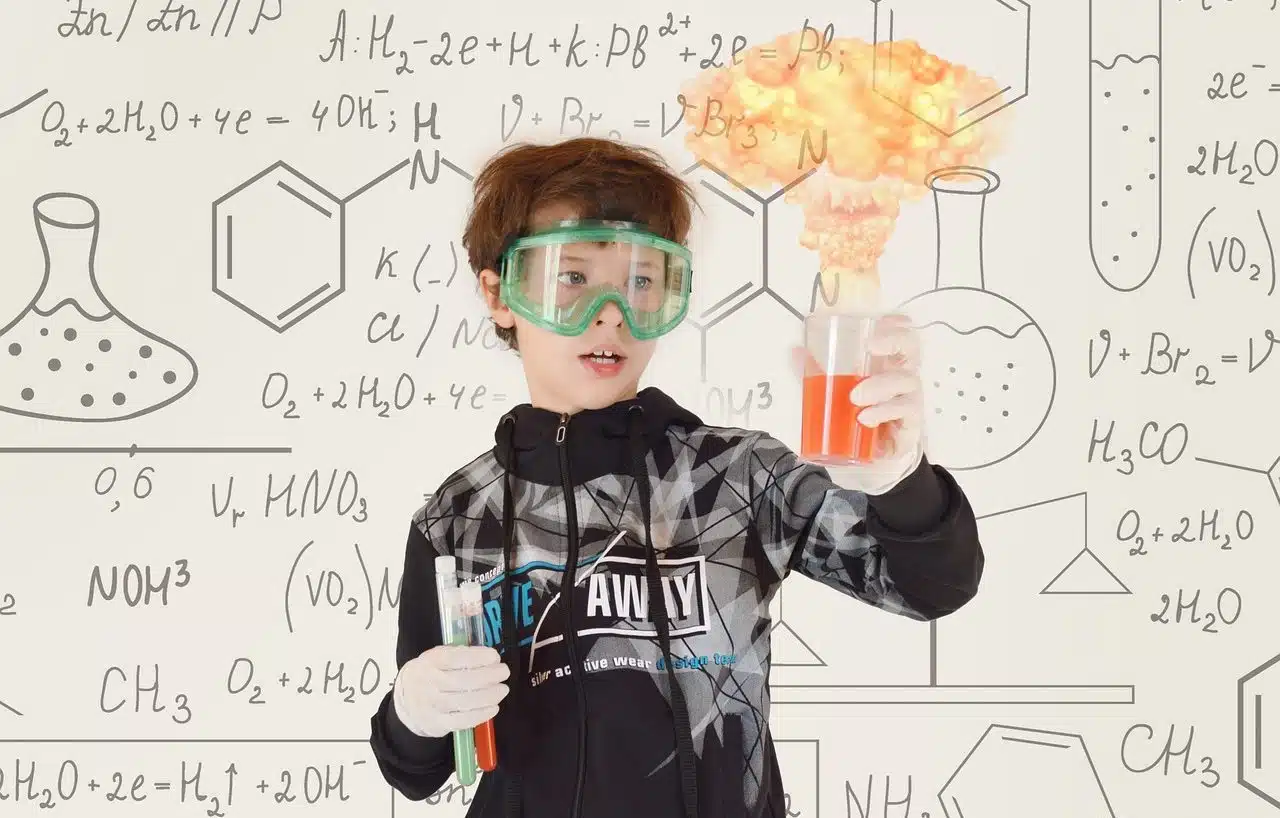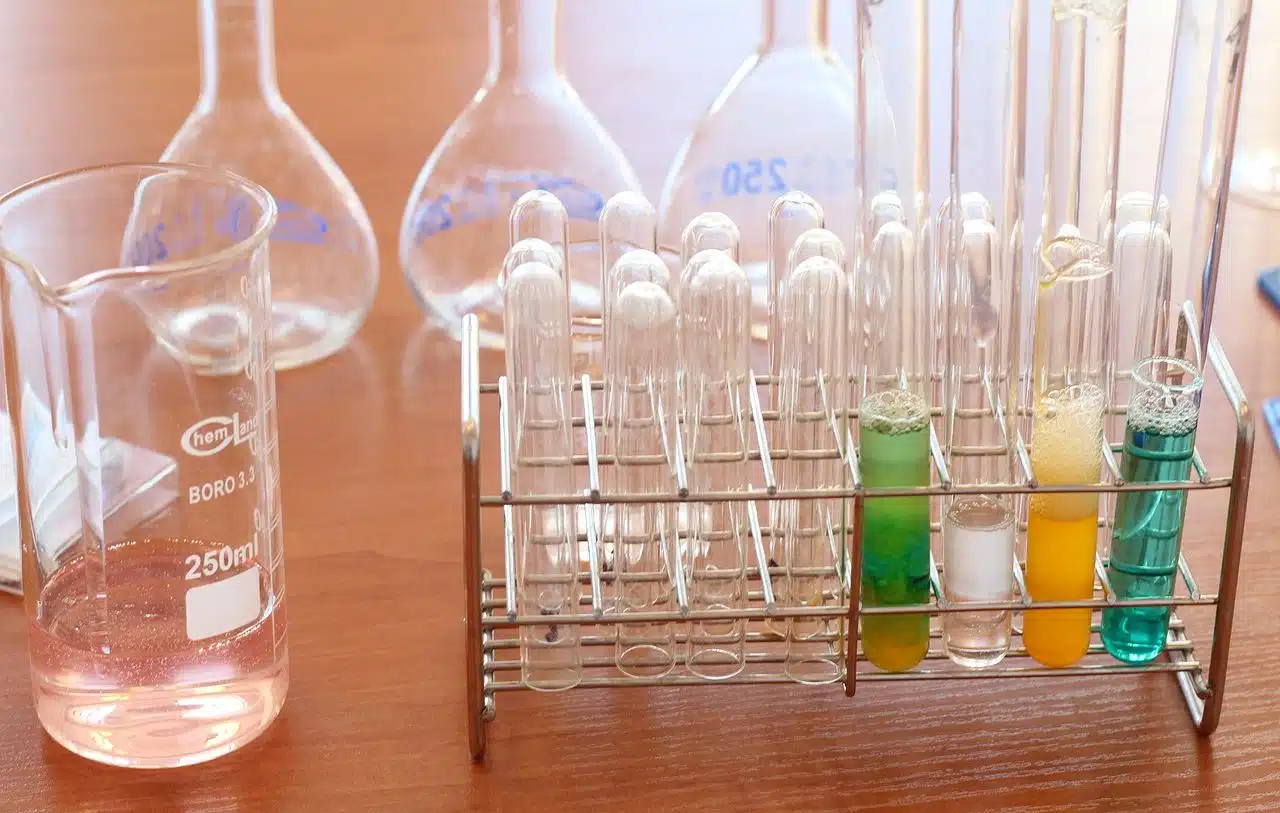
A chemical reaction is a process that causes one substance to become another with different properties.
A chemical reaction is a process that leads one substance (called a reactant ) to transform into another with different properties. This second substance is known as the product .
A reaction , then, is the effect of a certain action. Chemistry , on the other hand, is the name given to the science oriented to the analysis of the composition, properties and changes of matter.
Consequences of a chemical reaction
With these concepts clear, we can move forward with the definition of a chemical reaction . This notion refers to the alterations that, due to various factors, certain substances can experience. A chemical reaction, therefore, causes a substance to acquire different properties , with changes in its bonds and its structure .
The chemical reaction involves the disappearance of certain properties and the emergence of others . The bonds that existed between the atoms of the reactants are broken, leading to atomic rearrangement and the formation of new bonds. That is why the substance resulting from the chemical reaction has different characteristics compared to the original substance.

Chemical reactions can be classified in different ways.
Classification according to type
The reactions develop differently depending on whether it is organic chemistry or inorganic chemistry . It is possible to differentiate, on the other hand, between an endothermic chemical reaction (which involves the absorption of energy within the framework of the reaction) and an exothermic chemical reaction (the energy, in this case, is released).
It is important to note that, in all chemical reactions, mass is conserved (the mass of the products is equal to the mass of the reactants) since atoms are rearranged, but they are not eliminated or new ones created.
Chemical reactions and reaction rate
One of the concepts related to the chemical reaction is the reaction rate , which is understood as the amount of substance that undergoes a transformation in a certain reaction for each unit of time and volume. To cite two opposite examples, butane can be transformed into fire through combustion that takes less than a second, while the oxidation of iron can take several years.
There are certain factors that directly impact the reaction speed , such as the following:
- Concentration : as explained by the theory of collisions (the qualitative explanation of the way in which chemical reactions take place and the reason why the speed differs in each case) and described by the speed law (the expression through from which it is possible to calculate the reaction rate, and relate it to the concentrations of the reactants), the higher the concentration, the higher the reaction rate . As the concentration of the substances participating in the chemical reaction increases, so does the collision frequency (if the reacting particles do not collide, there can be no reaction).
- Pressure – Since increasing pressure is the same as increasing the concentration of a gas, this can cause a gas reaction to occur more quickly. In cases of condensed phase reaction, the impact of pressure is only significant when its value is very high.
- Nature of the reaction : Simply put, some chemical reactions take less time than others simply by their very nature.
- Order : The degree to which pressure or concentration affects the rate depends on the order of the chemical reaction.
- Temperature : generally, when a reaction is carried out, a higher temperature is reflected in a greater entry of energy into the system, which is why the speed also increases. The explanation for this phenomenon lies in the fact that, together with temperature, the number of particles in collision with the energy necessary for a successful chemical reaction increases.
